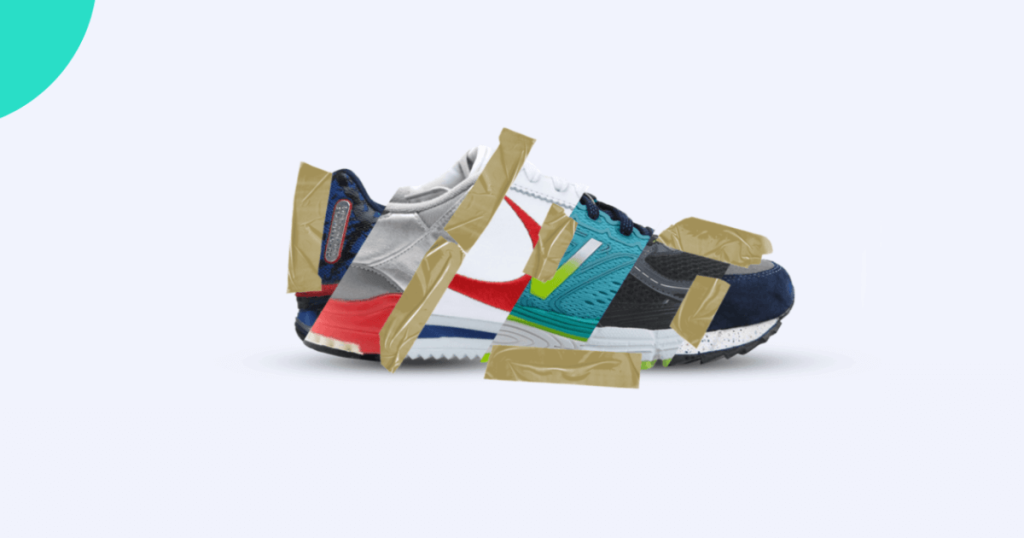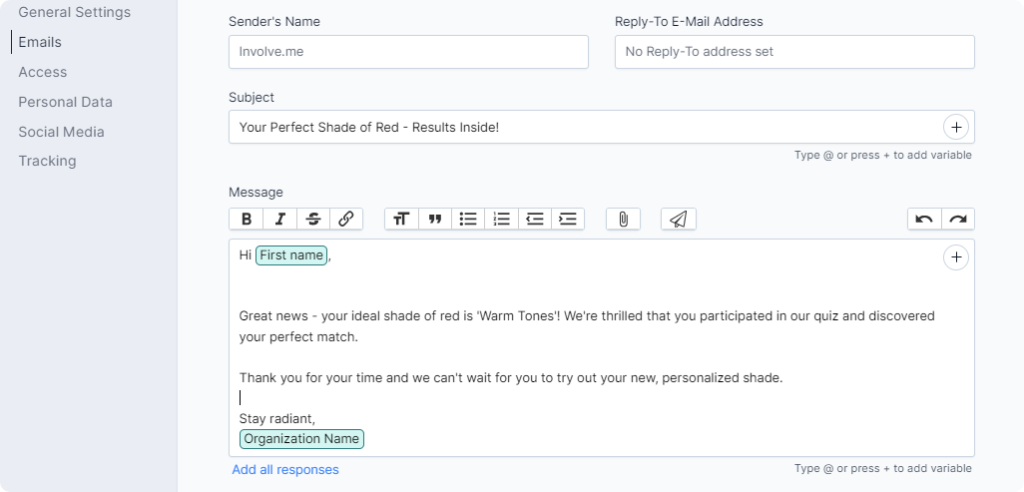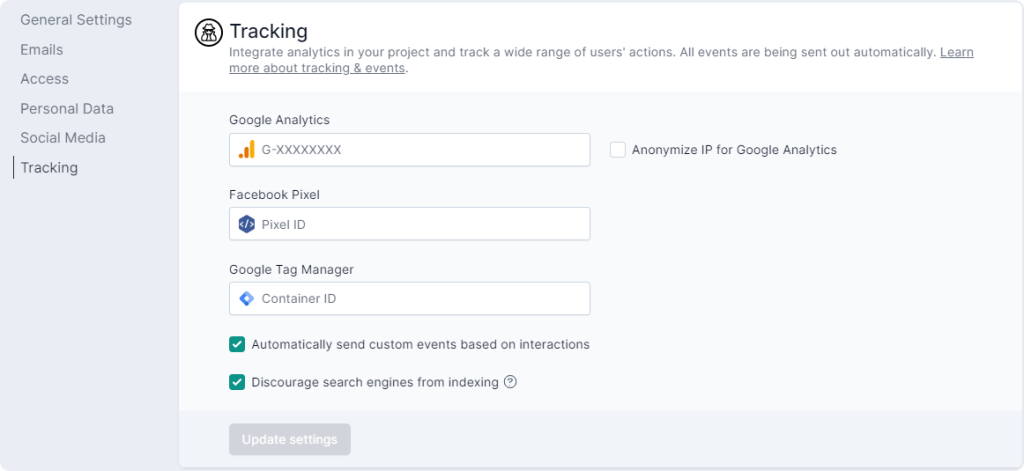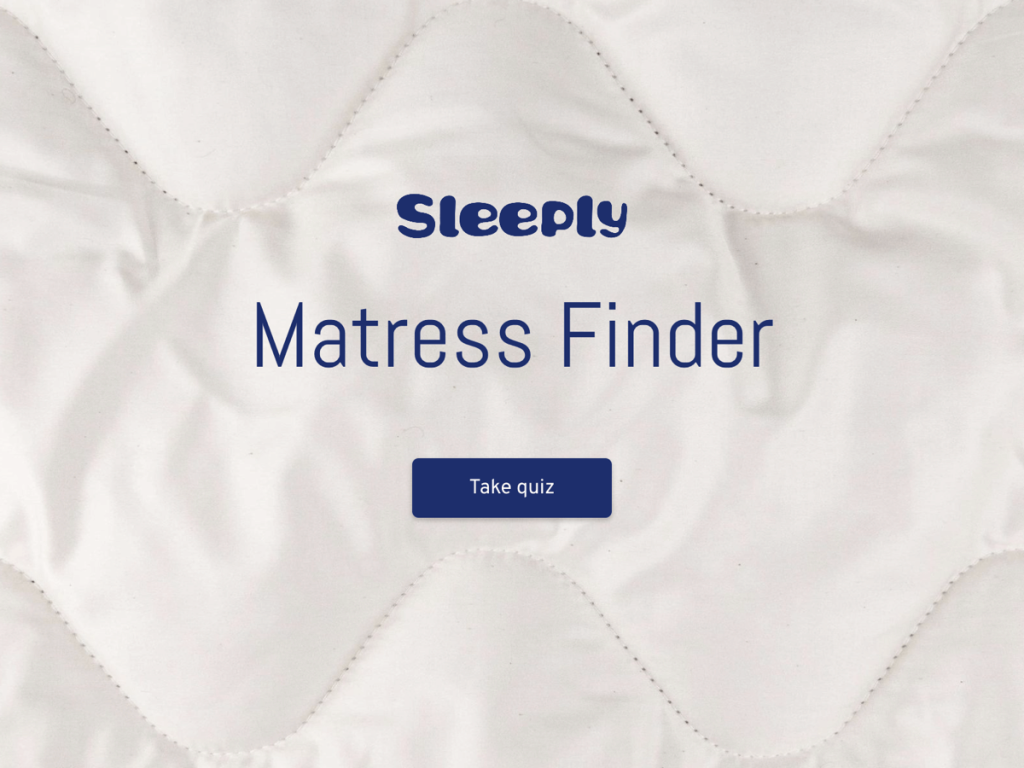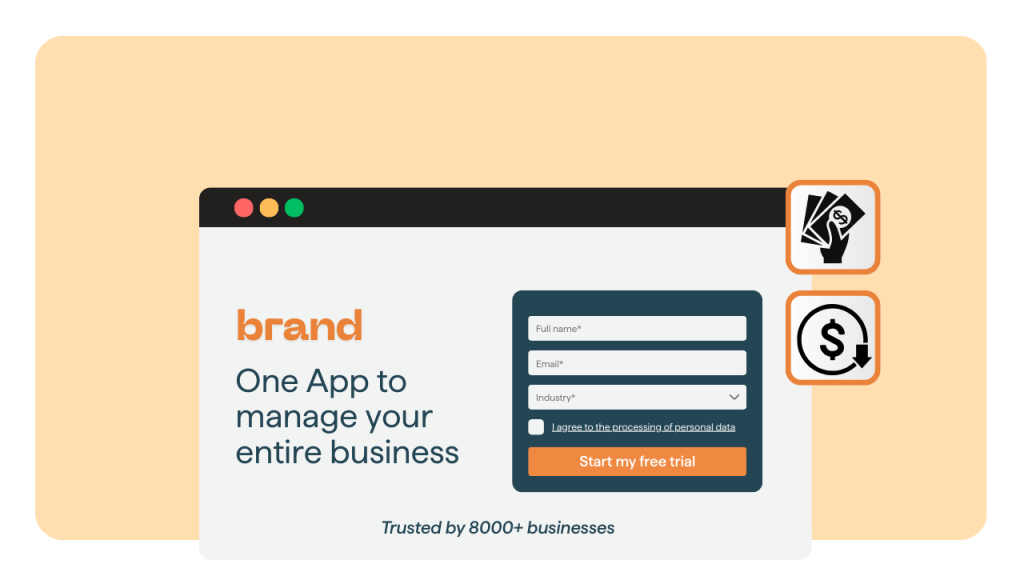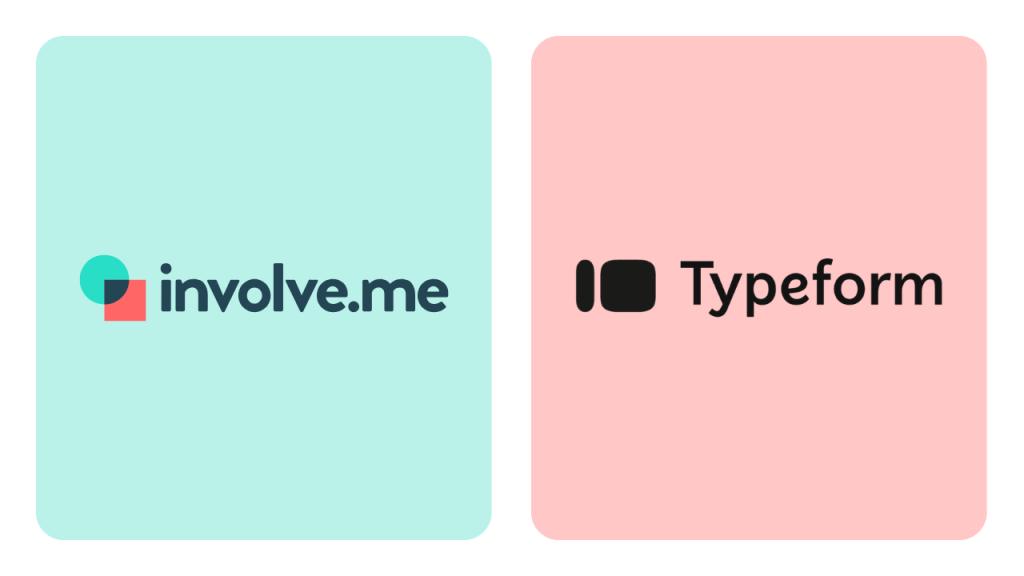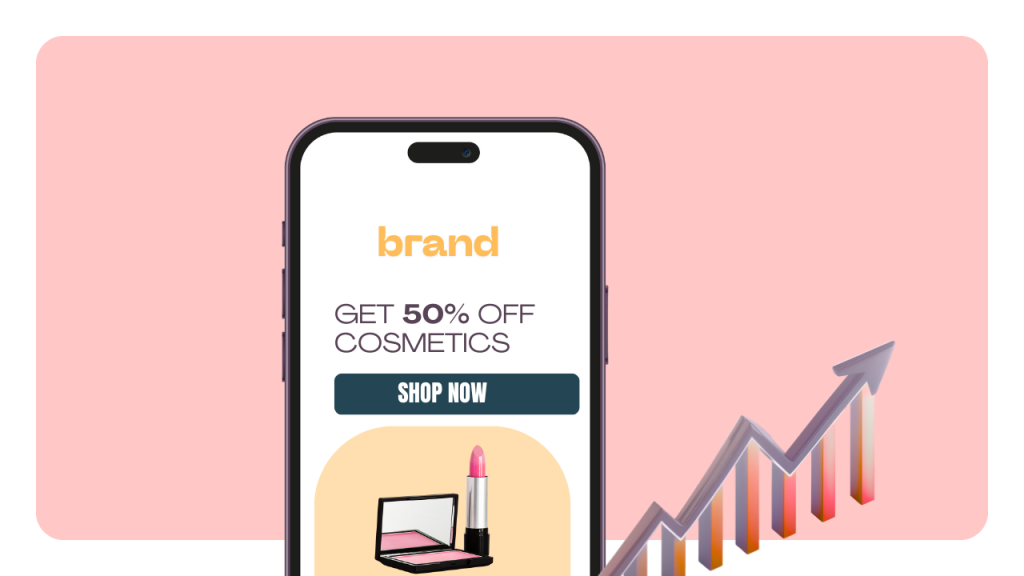Imagine you are looking for some products in an e-commerce store. As you scroll, you come across a section called ‘Just for You.' You click on it and find out that the products there match your preferences. How did the system know your tastes? It likely didn't read your mind. It's simply the recommendation engine's job, which is to recommend products that you may like. They use data mined from a usage period to determine which product you are likely to buy.
Product quizzes work similarly. Like a recommendation engine, they try to determine the products that users are likely to buy. However, instead of using complex algorithms, it uses simple quizzes. Due to their nature, they are quickly becoming one of the top tools for marketers. Quizzes are powerful tools that don't require a lot of budgets, time, or effort to set up.
What is a Product Quiz?
A product quiz is exactly what it sounds like. It is an array of questions created to suggest products based on how it is answered. When you make a product recommendation quiz, you connect each answer to a product. At the end, the quiz recommends the best product match to your quiz takers.
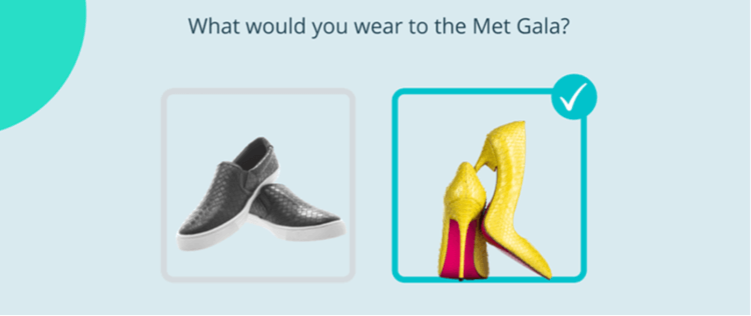
What happens here is somewhat similar to how large-scale recommendation engines work. The only difference is scale and flexibility.
As per research by Barillance, personalized product recommendations drive conversion rates and higher-order values.
Salesforce came to a similar conclusion, suggesting that personalized advice drives 26% of sales. 77% of marketers agree that engaging content helps bring back customers and increase exposure.
Why Product Quizzes Matter?
Product recommendation quizzes can be a game-changer for ecommerce sales. They end up selling products four times better than regular advertisements. Let's find out the top reasons to have a product quiz in your marketing strategy:
Enhanced User Experience: You customers enjoy a personalized shopping experience by taking product quizzes. This not only increases customer satisfaction but also helps in reducing the bounce rate on your ecommerce platform.
The IPSY beauty quiz enables consumers to find the perfect foundation that suits their skin type. customers are guided through a sequence of questions to determine their unique needs and preferences, making the customer journey more personalized and engaging.
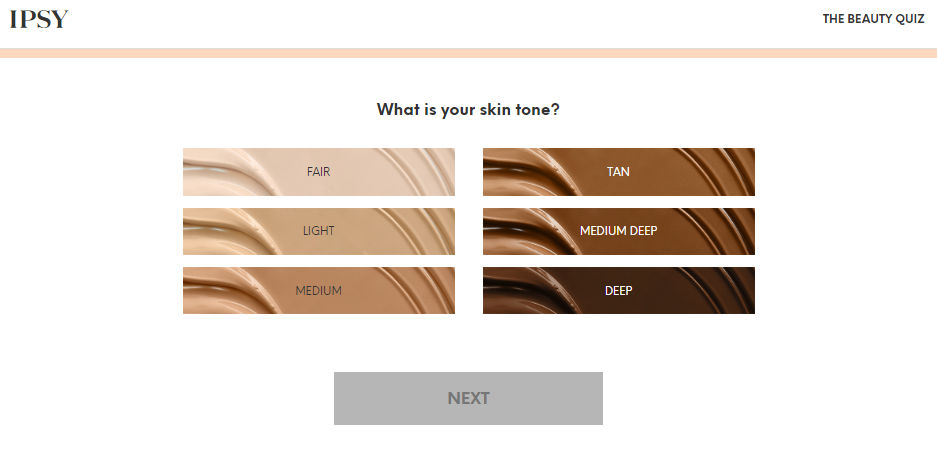
Increased Ecommerce Sales: Product quizzes can significantly boost ecommerce sales. For instance, the Dollar Shave grooming quiz provides customers with a curated set of products based on their grooming habits. This targeted approach ensures that customers are matched with products that they need and will likely purchase, thereby driving sales and ensuring a successful shopping experience.
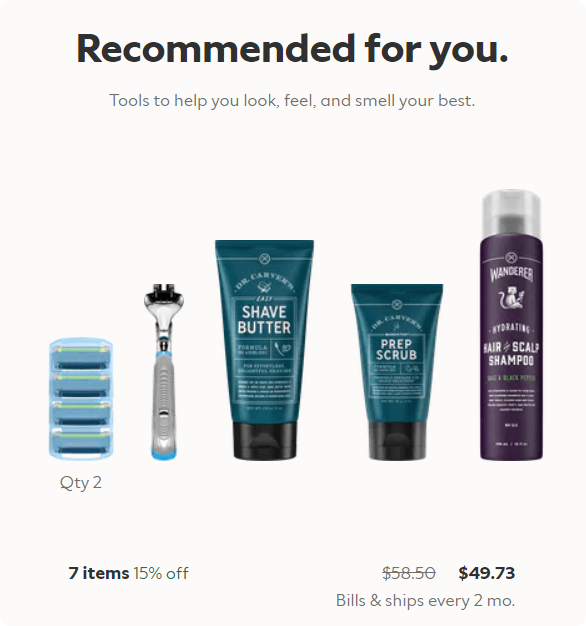
Building an Email List for Future Marketing Efforts: Product quizzes offer a chance to grow your email list effectively. As customers complete a quiz, they can be prompted to provide their email address for receiving the quiz results, thus creating a viable opportunity to grow your mailing list.
Using the Third Love bra fit quiz as an example, customers can obtain their precise bra size while providing their email address for future communications. This data then can be used for email marketing purposes, sending personalized product suggestions, promotional offers, or even a unique coupon code based on the quiz results.
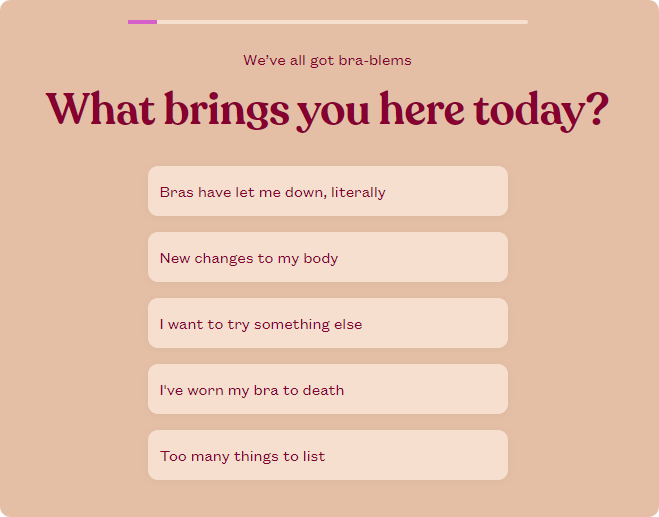
What Things to Keep in Mind?
A quiz serves as a microcosm of marketing fundamentals. If you nail the quiz, you will be rewarded handsomely. Quizzes are an effective strategy for learning about the user and providing a great buying experience. You can gain crucial information while making it fun for the user. Conversely, a poorly crafted quiz puts off online shoppers. Here are some things to keep in mind when creating an amazing quiz.
1. Identify your goal: Before you draft your quiz, understand your goals. Keep in mind what you are trying to achieve. An ecommerce store will want to drive up sales and generate leads. Similarly, an NGO will want to drive up donations.
There are secondary goals to consider too. Data gathering is vital for any business, and quizzes provide a great way. Several businesses also use quizzes as a point of first contact to drive the user toward the right path.
2. Segment your audience: As a business, you will likely be dealing with a wide variety of users. Teens, senior citizens, and working adults have different requirements and tastes. Customers can further be broken down into smaller categories. For example, men with beards, bikers, fashionistas, etc.
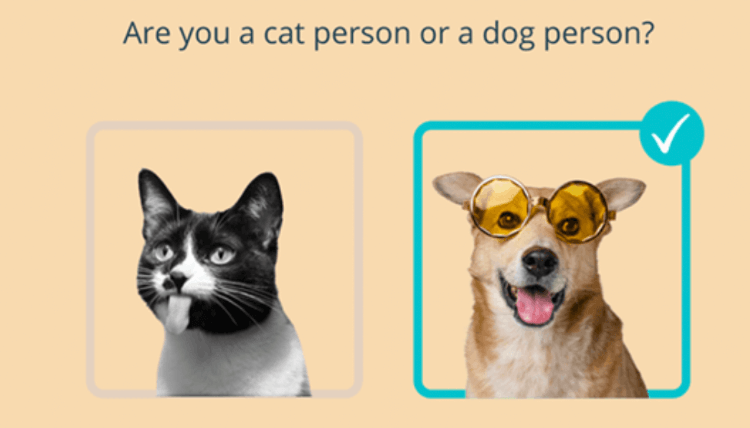
All these different types of people will have different preferences, and they might favor one kind of product over the other. Segment your target audience into categories with a few questions to deal with it. And then use further questions to drive recommendations.
3. Make quiz results first, then create questions: Recommending the best product is the goal your quiz. To make sure that you get there and that your quiz responses match the quiz result, create the quiz result page before you write the questions.
4. Keep your quiz simple and neat: Writing the ideal quiz isn't as simple as it may seem. The writer needs to keep several things in mind to write a conversational quiz. The writer needs to know the audience and understand their way of thinking. The quiz should be simple and easy to understand.
During the quiz, the curiosity of the user will be piqued. Grabbing and holding the customer's attention determines the quality of the quiz. The number of quiz questions also matter, and a quiz of 5-7 questions works best.
Too few questions will not give you any meaningful data, while too many questions will confuse the customer. Likewise, the number of options in the answer should never exceed. Adding pictures can also help to make the quiz more efficient.
How to Make a Product Quiz?
Making a quiz can be rather simple, and many online service providers offer templates where you can make a product outcome quiz. The process is simple and easy and can be done even with no programming knowledge. To create a recommendation quiz, choose any quiz builder and follow these steps. Here I am using involve.me.
1. Choose a template: Online quiz templates provide quizzes for many different purposes. Since we aim to create a product recommendation quiz, choose it in the category option.
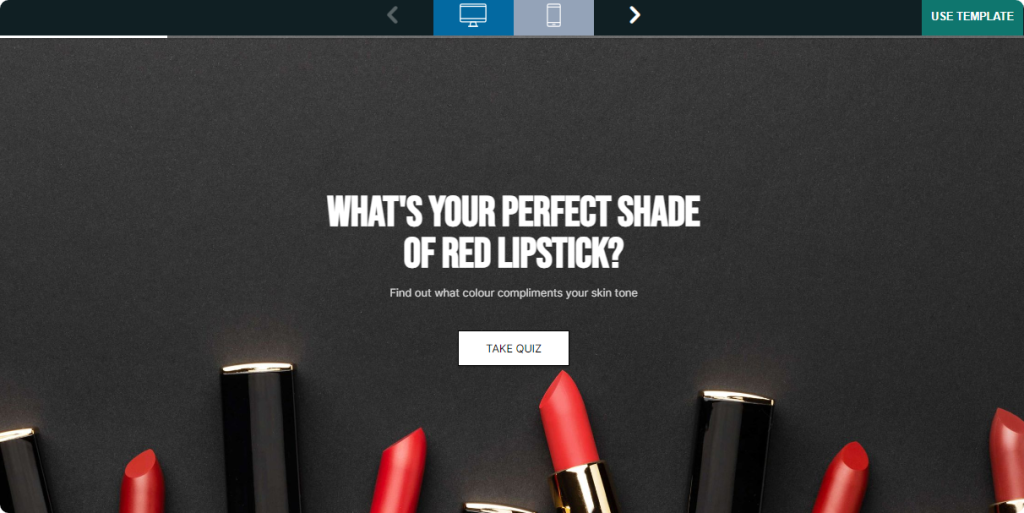
2. Adjust the quiz design: Select a layout that matches your business themes and looks. A quiz that looks out of place can bring down the customer's mood.
3. Create the results page first: When it comes to creating quizzes, it's better to start from the end. It might not sound or feel the best way, but it is. Making the result page will let you ask better questions keeping the end goal in mind. Also, make sure to name your outcomes page as well so you can see what answers you're connecting to what result.
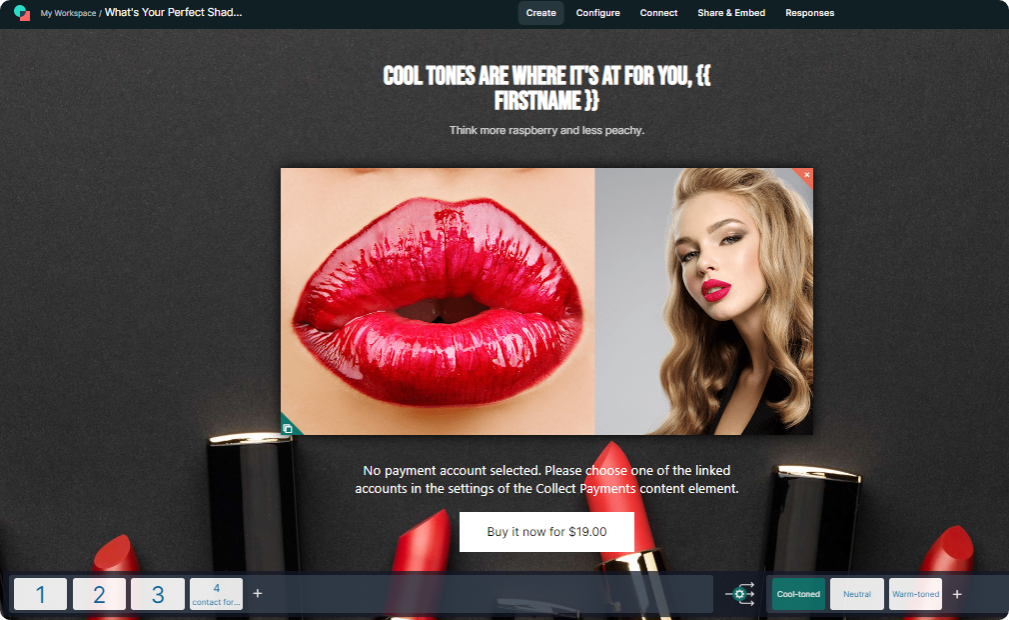
You can also add the products directly on the results page from the website. Here you can also add your Call to Action (CTA). These buttons prompt the user to take action, such as 'Buy Now, 'Sign Up.' It can provide an easy way for the potential customer to complete their purchase.
4. Write the questions: Drafts series of questions that will show up in the quiz. Depending on your business, write out appropriate questions. Starting with a few general questions is a good way to start. That way, you can feel the kind of customer you are dealing with. After that, map out the answers to the questions to different outcomes so that the recommendations are personalized.
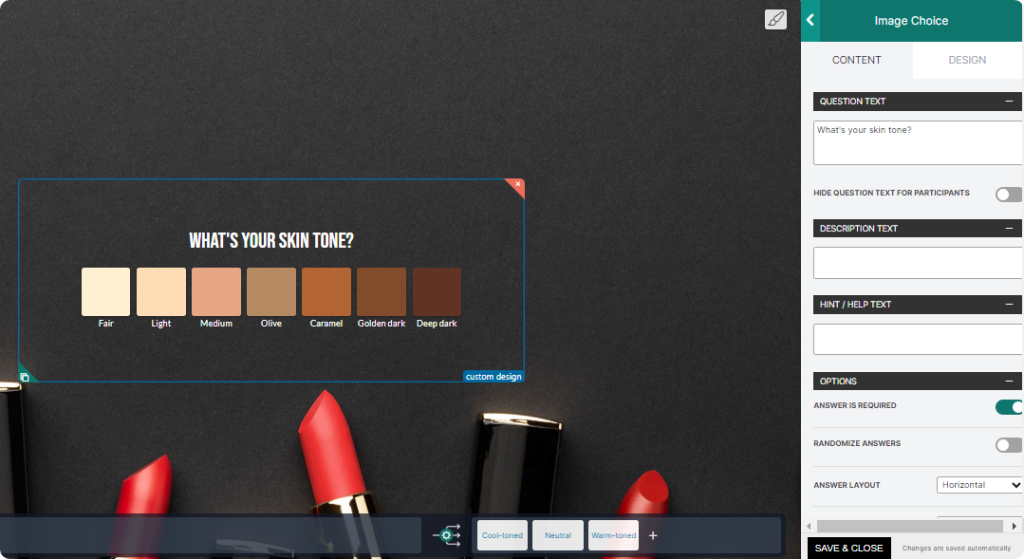
5. Connect the questions to the outcomes: After you are done with your questions, you must connect them with the results page. You have to click the question, scroll to "map the outcome," and choose the result you want to link with that question.
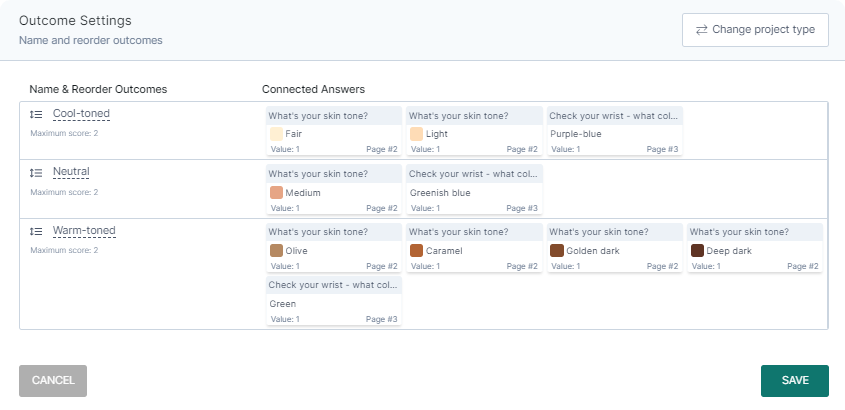
6. Preview and test: After you have connected your questions to the outcome pages, you can preview them on both your laptop and mobile. If you think something doesn't feel the best on either preview, you can go back to the design and change it.
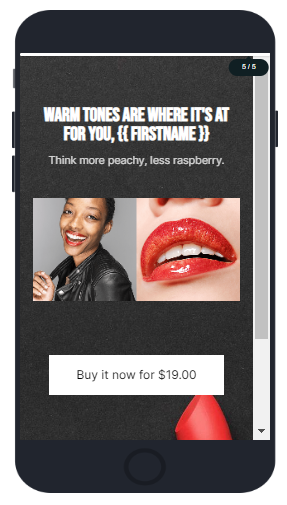
7. Set-up automated follow-up emails: After reviewing and publishing your quiz, you can set up custom emails for anyone who takes the quiz. If you're selling stuff directly from the quiz, you can send them payment confirmations or just the quiz results.
8. Connect to Google Analytics, Google Tag Manager or Facebook Pixel: You can directly connect your quiz to any of the three and also send data directly to your email system or CRM by simply setting up an integration.
Wrap Up
Quizzes are a lifesaver for new and small businesses that cannot afford expensive recommendation engines. They fulfill the same purpose; they are cheaper and easier to make. You can create a personalized experience for your customers by correctly employing product recommendation quizzes and making more purchase conversions. Choosing the right quiz template will help you make your quiz even better, and with involve.me it only takes a few minutes to make a completely new quiz. Get started now!
